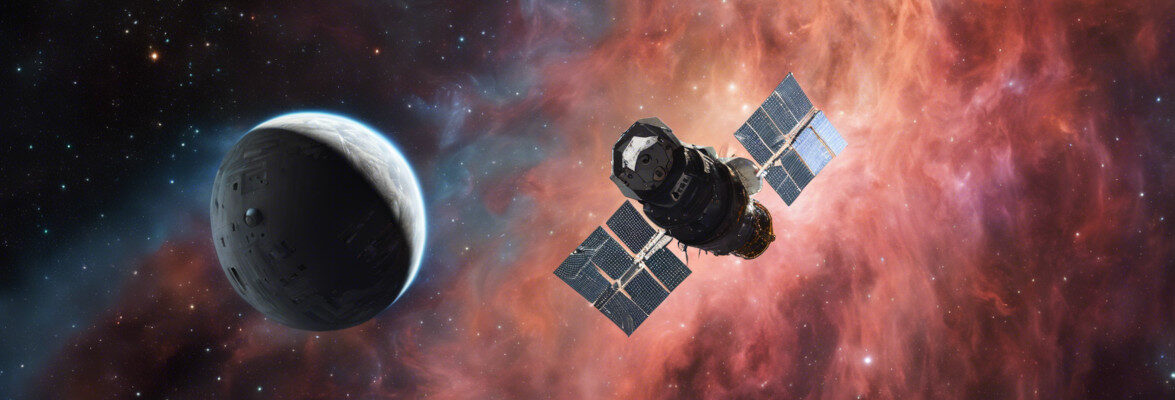
A confirmation has arrived that three Chinese taikonauts from the Shenzhou 18 mission reached the Chinese space station Tiangong with an automated docking maneuver. They blasted off about 6.5 hours earlier atop a Long March-2F rocket from the Jiuquan Satellite Launch Center. They form the 7th crew of the Chinese space station and will remain there for about six months, the standard duration for a mission.
The three taikonauts, as the Chinese call their astronauts, of the Shenzhou 18 mission are Ye Guangfu, Li Cong, and Li Guangsu. Ye Guangfu is the commander of this mission and is his second experience on the Chinese space station after being part of the Shenzhou 13 mission crew between October 2021 and April 2022, when the station was made up only of the Tianhe module. Li Cong was born in 1989 and is a pilot in the Chinese Air Force with the rank of lieutenant colonel. Li Guangsu has a similar story, as he was born in 1987 and is also a Chinese Air Force pilot with the rank of lieutenant colonel.
The taikonauts from the Shenzhou 17 mission will return to Earth at the end of April, so they met with their replacements from the Shenzhou 18 mission and the two crews will work together for a few days. The meeting between crews during the rotation, possible after the completion of the first construction phase of the Tiangong station, has already become practically a routine that allows the station to be constantly inhabited.
Among the tasks to be carried out in orbit communicated by the Chinese authorities is the creation of a sort of aquarium in which the taikonauts will raise fish in microgravity. The selected species is the zebrafish (Danio rerio), which will be grown together with algae to study the effects of the space environment on their growth and balance.
In this initial phase, a small 1.25-volume aquarium with four small fish is planned. If successful in growing small vertebrates in orbit, the plan is to proceed to a more complex level. In the future, taikonauts could grow fish to eat but also fruit flies and mice.
The experiments communicated also concern the beginning of a sort of garden. One hundred seeds of the Arabidopsis genus were taken into orbit with the idea of growing plants in space for about four weeks. At that point, the plants will be frozen to -80° Celsius to be brought back to Earth for in-depth examination.
These and other experiments that will be conducted by the taikonauts on the Tiangong space station represent a new step forward in China’s space program, which is pursuing various goals. For example, at the moment, the launch of the Chang’e 6 lunar mission is scheduled for May 3, with the aim of landing on the far side of the Moon to collect soil samples to bring back to Earth. Meanwhile, three years after the launch of the Tianhe central module, the Chinese space station is in full swing.


